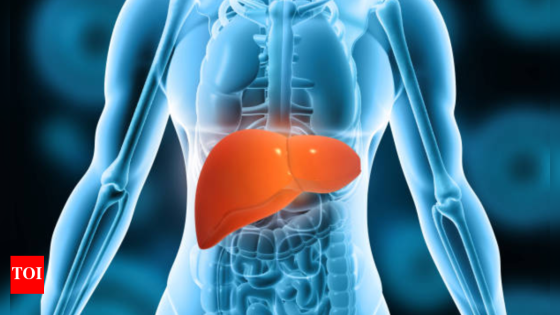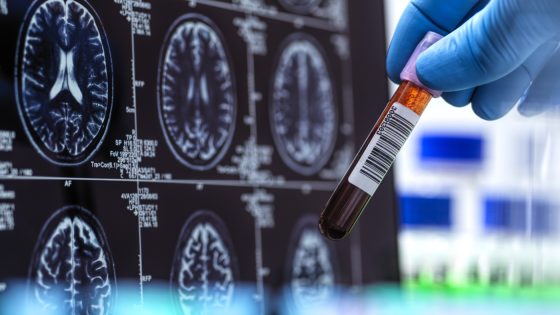A recent incident at a children’s hospital in Wisconsin highlights the critical importance of brain research in understanding rare genetic disorders. On December 5, 2024, Ashtyn Fellenz, who suffered from Canavan Disease, passed away, and her brain was meant to be donated for scientific study. However, the hospital accidentally disposed of it, raising questions about the protocols in place for handling such valuable specimens.
- Children's hospital mistakenly disposed of brain.
- Ashtyn Fellenz had Canavan Disease.
- Experimental gene treatment extended her life.
- Brain donation intended for research purposes.
- Hospital expressed profound regret over error.
- Fellenz family seeks legal representation.
This unfortunate event underscores the potential loss of knowledge that could have advanced treatments for Canavan Disease and similar conditions. Ashtyn’s brain was particularly significant, as it had undergone experimental gene therapy, which could have provided insights into the efficacy of such treatments. How can we ensure that vital research materials are preserved in the future?
Understanding the implications of this incident is essential for both researchers and families affected by genetic disorders. It serves as a reminder of the importance of proper procedures in medical research.
This incident raises an important question: how can we improve the handling of donated tissues to prevent future losses? Ensuring that research materials are preserved can significantly impact the understanding of genetic conditions. Here are some recommendations:
- Advocate for clear protocols in hospitals regarding tissue donation.
- Engage in discussions with medical professionals about the importance of research donations.
- Stay informed about advancements in gene therapy and related research.
As we move forward, it’s crucial for families and medical institutions to collaborate closely to safeguard research materials. Together, we can help pave the way for breakthroughs in genetic therapies.

































